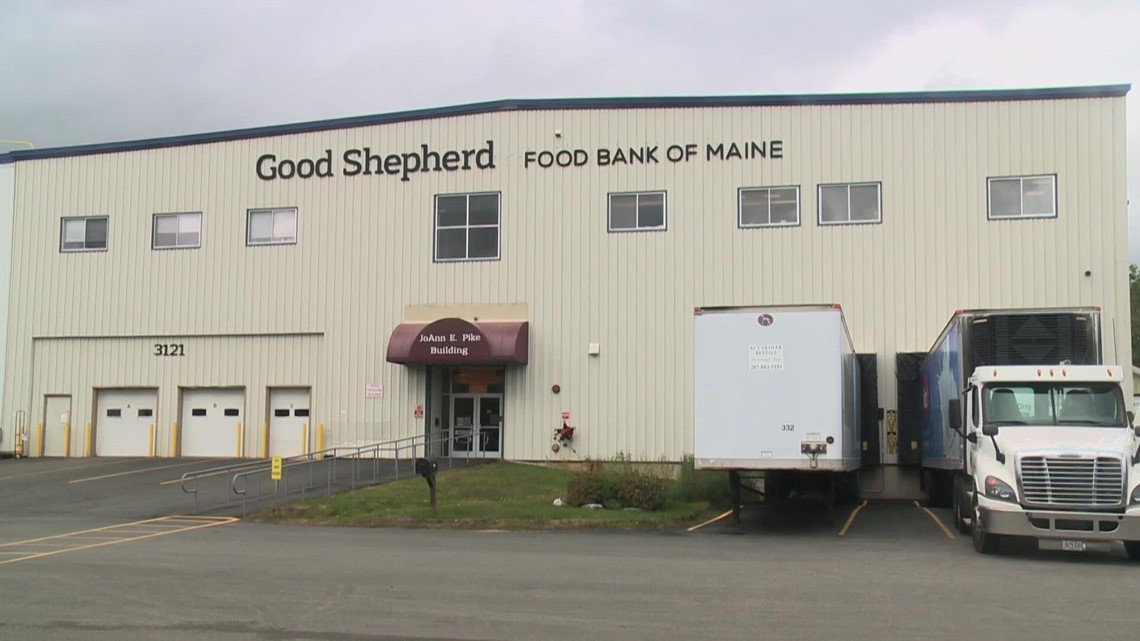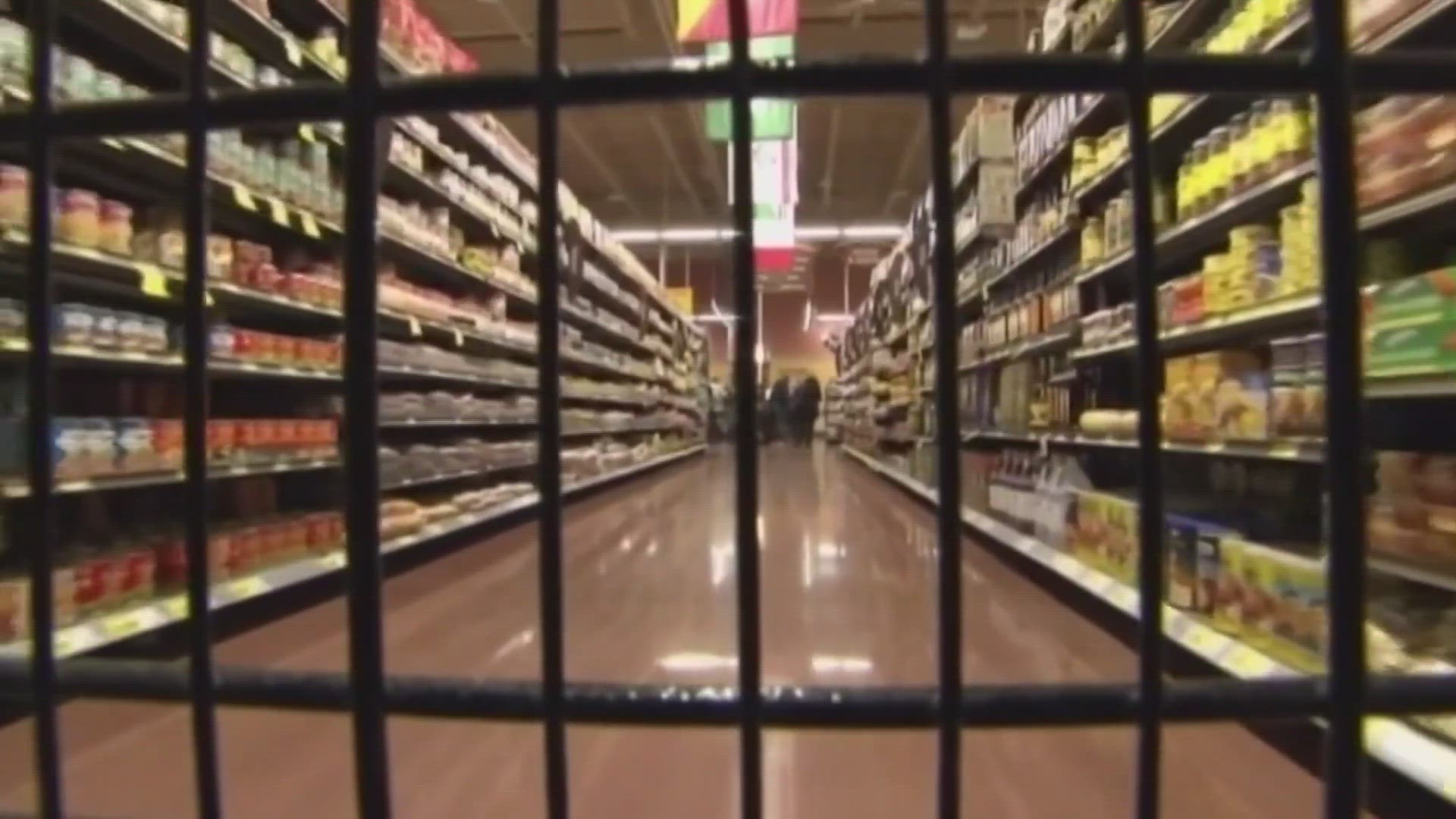WASHINGTON, D.C., USA — On Wednesday, the U.S. House Committee on Agriculture met to discuss and debate the future of the next farm bill.
The bill is voted on every five years, and the legislation this year aims to support nutrition programs. It will cost $1.5 trillion over ten years.
Maine's First District Congresswoman Chellie Pingree joined a group of lawmakers that defended federal assistance programs, and further cuts to those programs, like SNAP.
The Supplemental Nutrition Assistance Program (SNAP) provides low-income individuals and families with monthly payments for food purchases.
According to Pingree's office, 145,000 Mainers receive those monthly payments, including 46,000 children.
"I am opposed to doing any more in this farm bill that would restrict people’s access to healthy foods," Pingree said during the hearing.
Agriculture and other industry stakeholders made up a panel during the hearing Wednesday and took questions from members of the committee.
The discussion focused heavily on ways to improve the program like allowing better access to healthy foods, monitoring diet quality among SNAP purchases, and ways to assist local food pantries.
In Maine, food pantries are unable to meet the hunger demand more than ever, according to Good Shepard Food Bank Vice President of Public Policy & Research Amy Regan Gallant.
"We’re seeing more people in need of food and emergency benefits than at the height of the pandemic and there’s just no solution in sight," she said.
Gallant added individuals should not blame themselves if they qualify and receive these benefits or rely on food pantries to put food on the table. She said the cost of food, rising inflation, and several other economic factors are all contributing to this issue.


Gallant said the federal assistance program can be a serious economic driver in states like Maine.
"SNAP is an investment. It’s an investment in our economy because people are spending that money in grocery stores in their neighborhood," she added. "It’s an investment in people, in older Mainers who otherwise wouldn’t be able to get the food they need to stay well."
During the COVID-19 pandemic, Gallant said SNAP beneficiaries received emergency allotments which increased monthly benefits by a few dollars or hundreds of dollars.
In total, she added, Maine was collecting $17 million per month at grocery stores from people using their benefits. Gallant said if SNAP benefits are cut or completely taken away, more Mainers will be hungry and food pantries will be overwhelmed.
Pingree said America is the wealthiest country in the world and lawmakers have other policy decisions to focus on and should not be debating whether or not Americans can put food on the table.
President Biden signed the bipartisan debt ceiling bill into law over the weekend which would add stricter work requirements for Americans receiving the benefits.
Democratic lawmakers announced displeasure with further cuts that could potentially make it into the farm bill while Republicans said the bill should include further SNAP rollbacks.

